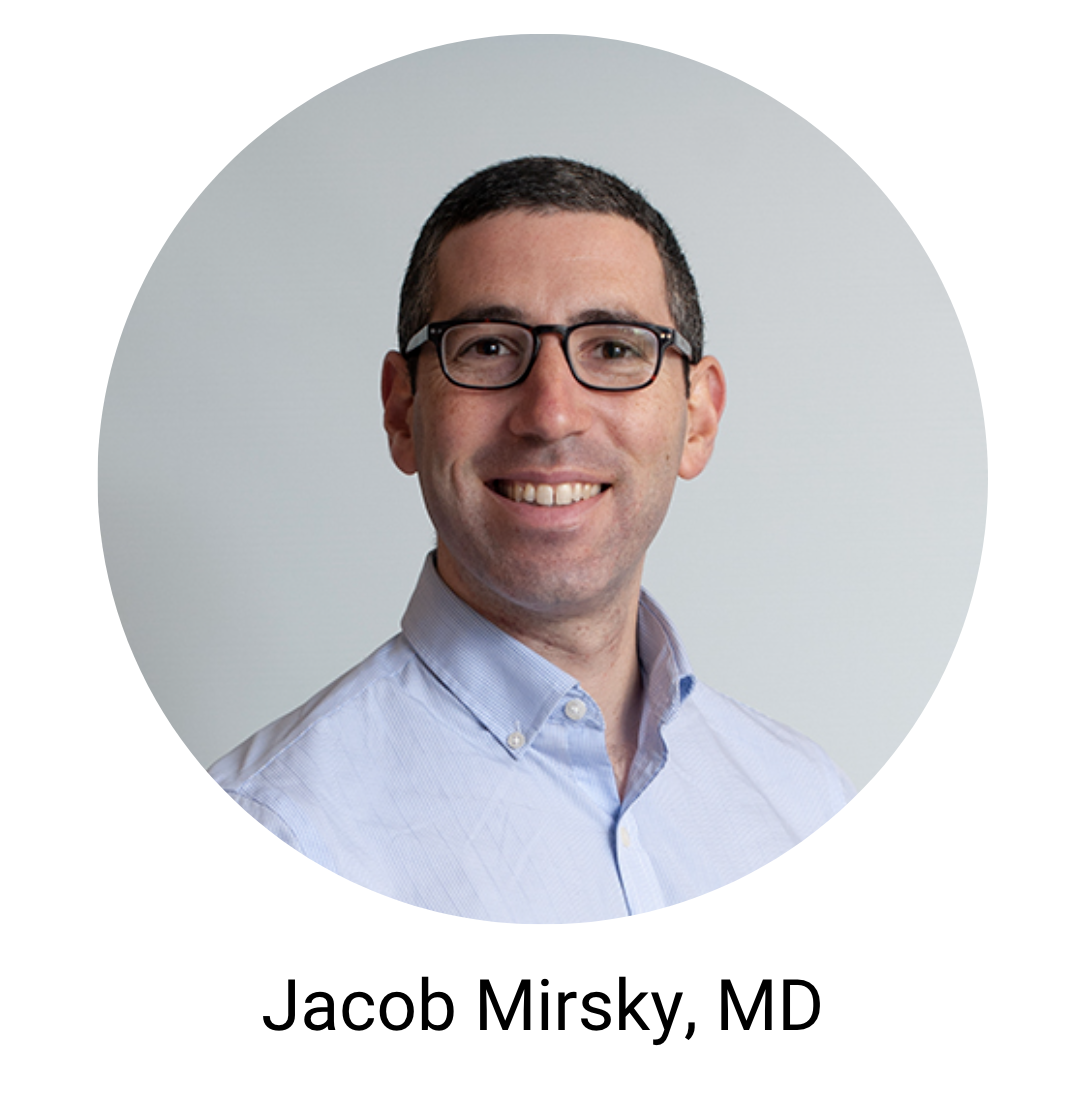Jacob Mirsky, MD, MA, DipABLM, a physician investigator in the Department of Medicine at Massachusetts General Hospital and an Instructor in Medicine at Harvard Medical School, is the lead author of a new study in the American Journal of Lifestyle Medicine, Lifestyle Medicine Virtual Group Visits: Patient Attendance and Perceived Benefits. Anne Thorndike, MD, MPH, is the senior author of the study.
What Was the Question You Set Out to Answer With this Study?
What are the perceived health benefits of patient participation in primary-care based Lifestyle Medicine Virtual Group Visits (LMVGVs)?
What Methods or Approach Did You Use?
As part of usual care, adult primary care patients at an academic community health clinic in Revere were invited to participate in LMVGVs in Massachusetts General Hospital’s Healthy Lifestyle Program.
Each LMVGV was conducted by one of three primary care physicians on a HIPPA-compliant video conferencing platform and lasted 60 minutes.
There were three main offerings:
- A four-part hypertension series with home blood pressure monitoring
- A four-part pre-diabetes and diabetes series
- Single-session LMVGVs on rotating topics that focus on nutrition, stress reduction or insomnia
Each LMVGV included a health and wellness coach who supported behavior change conversations and was available free of charge for one-on-one wellness coaching.
We mailed surveys to 261 eligible participants (those who signed up for at least one visit and had English as their preferred language).
The surveys asked about education and work status, internet access, overall health and food and housing insecurity. Participants were also asked about the degree to which they maintained healthy lifestyle changes after participating in the virtual groups.
What Did You Find?
A total of 111 participants were included in the analysis.
The most frequently reported behavior and health changes were:
- Eating healthier
- Increasing physical activity
- Losing weight
- Reducing stress
Notably, significant more participants who attended five or more LMVGVs reported these behavior changes than those who attended 1-4 LMVGVs.
What Are the Implications?
More than half of respondents who attended five or more LMVGVs reported improvements in healthy eating, physical activity, and weight loss; and this was significantly higher than the group who attended 1-4 LMVGVs.
Additionally, over a quarter of respondents who attended only 1-4 LMVGVs reported making no behavioral changes, in comparison to only 4% of those who attended five or more LMVGVs.
The results are consistent with a large literature on the myriad benefits of in-person group medical visits, suggesting that virtual group visits focused on lifestyle medicine are a promising approach for promoting healthy behavior changes in primary care.
What’s Next?
The study has some limitations that can be addressed in future studies by including a broader demographic as well as a control group, and developing new study designs to evaluate the amount, timing and content of LMVGVs.
Paper cited:
Mirsky J, Brodney S, Boratyn V, Thorndike AN. Lifestyle Medicine Virtual Group Visits: Patient Attendance and Perceived Benefits. American Journal of Lifestyle Medicine. 2023;0(0). doi:10.1177/15598276231208164
About the Massachusetts General Hospital
Massachusetts General Hospital, founded in 1811, is the original and largest teaching hospital of Harvard Medical School. The Mass General Research Institute conducts the largest hospital-based research program in the nation, with annual research operations of more than $1 billion and comprises more than 9,500 researchers working across more than 30 institutes, centers and departments. In July 2022, Mass General was named #8 in the U.S. News & World Report list of “America’s Best Hospitals.” MGH is a founding member of the Mass General Brigham healthcare system.
Credit: Source link




